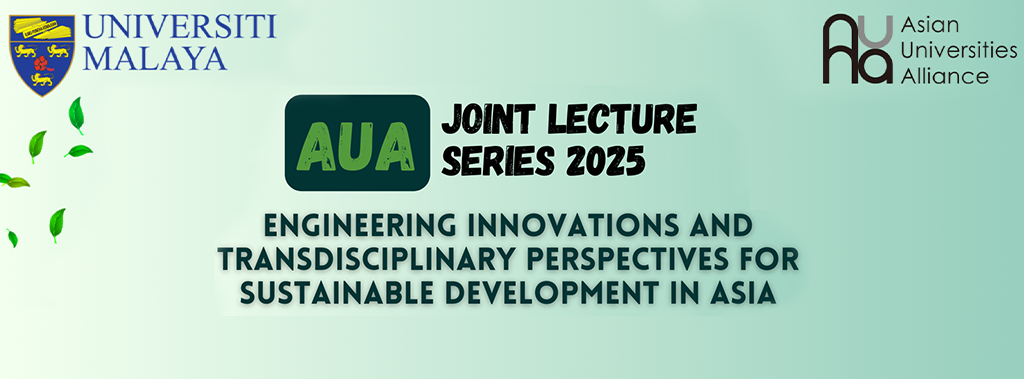Theme:
From Imitation to Innovation: Corporate Innovations in Korea
Speaker:
Prof. Sun Hyun PARK
Professor of Strategy and International Business, College of Business Administration, Seoul National University
Date: 11 November 2021 (Thursday)
Time: 19:00-20:30 (UTC+8)
Main Points
1. The Core Elements of Imitation/Catching-up Game
2. Four-tier Structure of Emerging Market
3. The Core Elements of Innovation/Leading-up game
4. The Process of the Korean Industrial Revolution (since the 1950s)
5. Dimension of Disruption – Technological, Institutional, and Competitive Landscape
Summary:
This lecture provides an overview of the development process for Korean companies/economies transitioning from the status of imitation to innovation. First, Prof. Park introduces the core competence of giant companies in Korea like Hyundai and Samsung. After, participants are split into small groups to discuss the core resources and capabilities in the imitation/catching-up game, especially for Asian countries/economies. He elaborated on the changes and processes of “Made in Korea” to “Designed in Korea”, where innovation and R&D are key to a successful transition. In addition, Prof. Park emphasized that technological, institutional and competitive factors would affect the transition process and its success. The lecture concluded with the difference between imitation and innovation, the source of innovation (esp. diversity), and the organization for leading and disruption. Prof. Park used many local cases and research when explaining key concepts.
(Written by Program Student Mr. LAM Ka Tat)
*The views and opinions expressed in this lecture series are those of the guest lecturers. They do not purport to reflect the opinions or views of the AUA or its members or its Secretariat.

